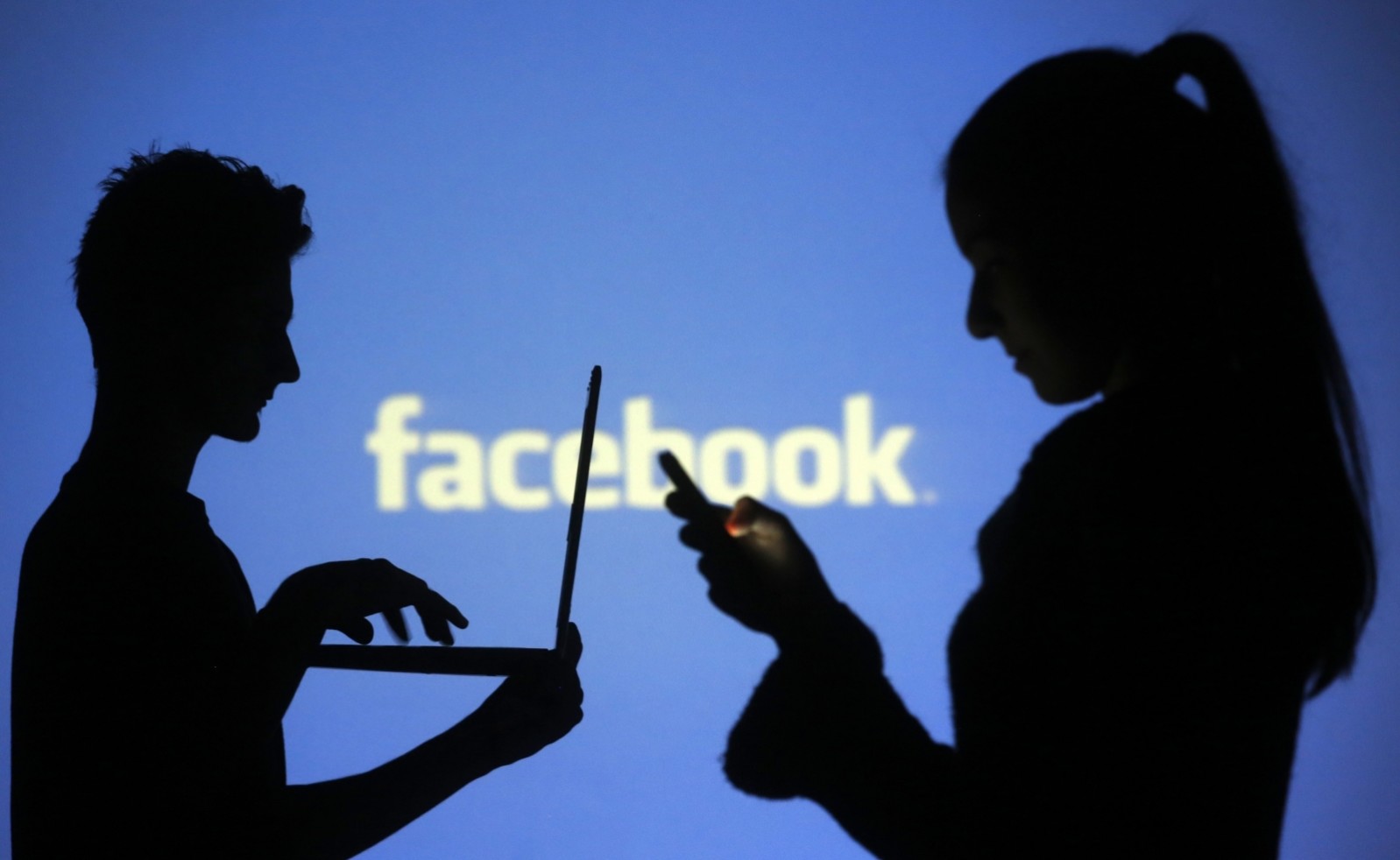US Election Day Live Video: Facebook partners with 50 broadcast stations

Facebook said on Monday it would partner with 50 broadcast stations, print and online publications for an Election Day live video blitz, as the social media company aims to build on the momentum of its popular Facebook Live video streaming service.
The move comes as Facebook and rival sites like Twitter increasingly embrace live video to draw in users and boost traffic.
Facebook warned last week that revenue growth would slow this quarter because of “ad load,” or the number of ads that Facebook can put in front of customers without alienating them, offsetting strong earnings that handily beat Wall Street estimates.
Each outlet partnering with Facebook will publish a 15-minute live video centered on the presidential election in one of the 50 states. The content will be featured on Facebook’s “Election 2016” site on Tuesday and include the hashtag #50states.
While Facebook is not selling ads on the Election Day livestreams, it could generate more visits to the site, bolstering its reputation as a destination for live news and pushing back against Twitter, where users often “live-tweet” major events.
Asked whether the Facebook Live initiative was a response to the popularity of “live-tweeting” events among social media users, Jason White, manager of U.S. news media partnerships at Facebook, said Facebook Live was something that “works really well on our platform.”
“I think for us we really wanted to give the news media and especially local (outlets) something to raly around on Election day,” said White, regarding the 50 States project.
He said the company is exploring the possibility of including advertising breaks in live video in the future but said that no specific plans had been made yet.
Frank Mungeam, vice president of digital content for broadcast and digital media firm TEGNA, told Reuters that six of his company’s local broadcast stations, one each from Colorado, Washington state, Minnesota, Idaho, Maine and South Carolina, were participating. Mungeam, who said Facebook was not paying his company for the content, added: “Facebook’s platform offers an extended reach.”
Twitter said last week its government-focused handle, @gov, would provide election information to users via direct message, while Snapchat on Sunday featured a photo filter encouraging people to vote.
Facebook launched Facebook Live for selected public figures in 2015 and made it available to all users in April 2016, allowing members to broadcast video live from their smartphones.
Social media sites have been seizing on live video content to attract users. In September, Twitter broadcast its first National Football League game, attracting generally positive feedback. It launched its livestreaming app, Periscope, in March 2015.
Asked about live-streaming video and social media in general, Stefan Sideris, director of global social media operations at Amobee, a digital marketing technology company, said he saw a clear trend toward bigger companies adopting the technology.
“Brands and media companies are interested in connecting and engaging with consumers to bring the conversation together over live video,” Sideris said. “Live will ultimately drive a lot of social activity.”









0 Comments